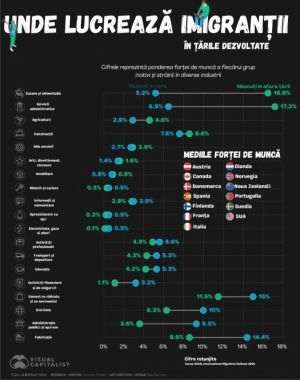• Piperea: "In the Andriciuc case, the EU Court of Justice has not limited its argumentation to the CHF, but expanded it to cover any currency for which the debtors weren't hedged"
The courts in the country have begun ruling in favor of borrowers and freezing the value of the European currency at the exchange rate valid on the date the loans were originated, in the lawsuits brought against the banks.
The court of Cluj made such a decision on May 7th, by setting both the freezing of the exchange rate at the historic value, the refunding to the debtor of any additional amounts paid to the bank as a result of the rise of the exchange rate, as well as the repayment of the interest rates for these amounts.
In the opinion of lawyer Gheorghe Piperea, this already sets a precedent, and it's normal that such rulings are appearing for borrowers in Euros who aren't hedged against the currency risk. "We note that we have the category of debtors of whom they say that they are somewhat hedged against the currency risk, namely those who borrowed Euros, but who have begun facing difficulties in making their payments. And that is because the value of the European currency risk against the leu has surpassed that shock that the NBR was talking about in 2012, when it ruled that the currency risk appears once the currency rises 35% in the case of the Euro, 45% in the case of the US dollar and 55% for the CHF".
Gheorghe Piperea points out that not many people are hedged against this risk, because many Romanians earn their salaries in lei and they have to bear both the exchange rate difference and the inflation.
"What is new is that in the Andriciuc case, the CJEU has not focused its argumentation on the Swiss franc alone, but on any currency for which the debtor isn't covered", he has concluded.
The court of the Cluj court states: "Allows the appeal filed by petitioners NCD and NMM in opposition with the defendant SC Raiffeisen Bank SA against the civil ruling no. 4622/2016 rendered on May 12 2016, in the case no. 793/211/2016, by the County Court of Cluj Napoca and as a result, finds the absolute nullity of the clause (...) concerning the repayment of the loan in the same currency, which results in the obligation of the defendant to collect the payment of the monthly installment according to the following formula: the amount to be repaid in Euros according to the repayment schedule X 3.7232/ RON/EUR exchange rate set by the NBR for the date of maturity of every installment. Requires the defendant to refund to the plaintiffs all the additional amounts paid or that were cashed from their accounts according to the formula: the amount to be repaid in Euros according to the repayment schedule X repayment schedule X 3.7232/ RON/EUR exchange rate set by the NBR, for the duration of the period concluded between the conclusion of the loan agreement (...) and the date the present ruling has remained final, with the legal interest rate pertaining to the amounts to be repaid according to the current ruling. (...) Enforceable".
The court ruling can be challenged with a supervisory appeal within 30 days from its announcement, appeal which will be submitted to the Specialized County Court of Cluj.
So far, the majority of the rulings freezing the exchange rate were issued by courts in lawsuits brought in cases concerning loans issued in CHF.





























































